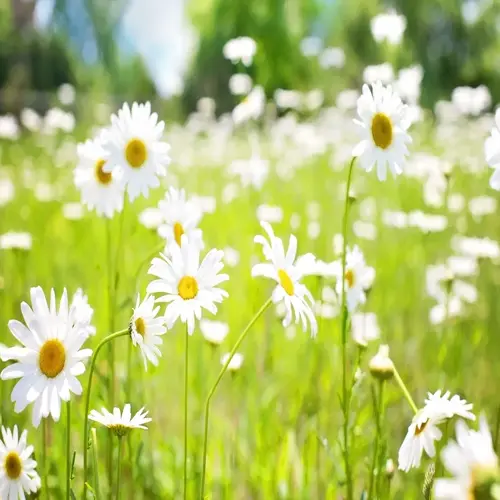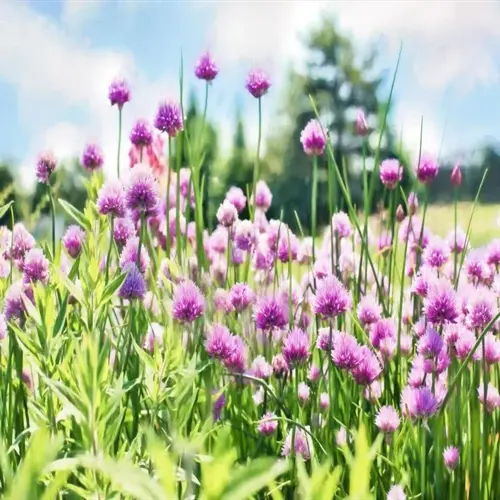Does dill naturally repel garden pests?

Written by
Tina Carter
Reviewed by
Prof. Martin Thorne, Ph.D.Dill serves multi-faceted purposes in garden pest control through its scent and nectar. This herb attracts beneficial predators and repels some undesirable insects. Utilize dill appropriately for garden pest management. I usually plant my dill near cabbage to deter cabbage loopers.
Beneficial Insects Attracted
- Ladybugs: Consume aphids at all life stages
- Lacewings: Larvae devour mites and thrips
- Parasitic wasps: Control caterpillar populations
- Hoverflies: Target soft-bodied pests
Pests Repelled or Deterred
- Spider mites: Avoid dill's strong scent
- Aphids: Repelled from nearby vegetables
- Squash bugs: Less likely to infest adjacent plants
- Cabbage loopers: Reduced infestation rates
Problematic Attractions
- Tomato hornworms: Drawn to dill plants
- Swallowtail caterpillars: Feed exclusively on foliage
- Japanese beetles: May aggregate nearby
- Leaf miners: Tunnel through leaves in heavy infestations
Position with care for benefits with minimal likelihood of risks. Use it near plants susceptible to aphids, such as those listed above. Keep dill away from tomatoes and peppers. The flowers attract predatory wasps that effectively control caterpillars. I sacrificed the dill that is planted away from the vegetable to save my main crops.
Dill serves as an excellent trap crop for certain pest species. If you have a problem with swallowtail caterpillars eating your carrots, plant some extra dill to attract them away. Remember to check your plants daily for hornworm eggs throughout the summer. During the summer, I remove pests when they are sluggish first thing in the morning. This washes off any hornworm eggs and protects my vegetables naturally.
Harvesting dill must be done strategically to manage pests. I always leave some blooming flowers so we continue to attract beneficial insects. I try to time my harvesting just before a peak pest population. I also keep dill stems in water by my indoor plants to repel spider mites naturally. This synergistic strategy works year-round.
Read the full article: How to Grow Dill Successfully

